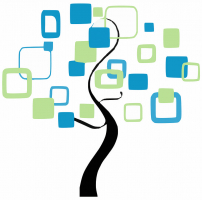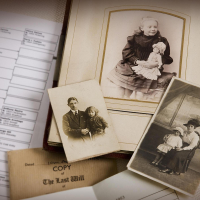Top 10 Helpful Tips to Finding Your Jewish Ancestry
Learning about your Jewish ancestors can help you connect with a rich cultural history and perhaps even long-lost relatives. However, the information available ... read more...isn't always clear-cut, and it's easy to become confused if you don't know where to begin. The good news is that thanks to advances in technology such as DNA testing and genealogy software, learning more about your ancestors has never been easier. In this article, Toplist will list the helpful tips for finding your Jewish ancestry.
-
Following WWII, over 11 million people were displaced and forced to seek asylum in other countries. Because many of these people were Jewish, people with Jewish ancestors can be found all over the world.
Although it may seem obvious, speaking with your relatives is one of the best ways to learn more about your family history. You might be surprised at how much information some people already have—and who knows, maybe another interested family member has already done all of the legwork for you!
You should speak with elderly relatives in particular because they are more likely to have firsthand knowledge of your ancestors. They may have avoided sharing in the past due to bad memories or simply because no one was interested.

Speak with your family 
Speak with your family -
Modern direct-to-consumer DNA testing kits are becoming increasingly popular, and they involve sending a small DNA sample to a testing company. You may have heard of DNA testing companies such as MyHeritage DNA or AncestryDNA, which offer tests for as little as $59 each and focus on finding relatives and heritage.
Most testing companies provide more than just a simple genetic profile. They frequently provide some interpretation of the results, which can include your heritage as a percentage of various ethnic groups and regions.
This method is a simple way to start learning about your family history. It does take some time, and you will have to pay $50 or more for the test, but there is very little effort required on your part. Results are usually available in 6 to 8 weeks, and while they are not perfect proof of ancestry, we recommend using them to guide your search if you want to go deeper.
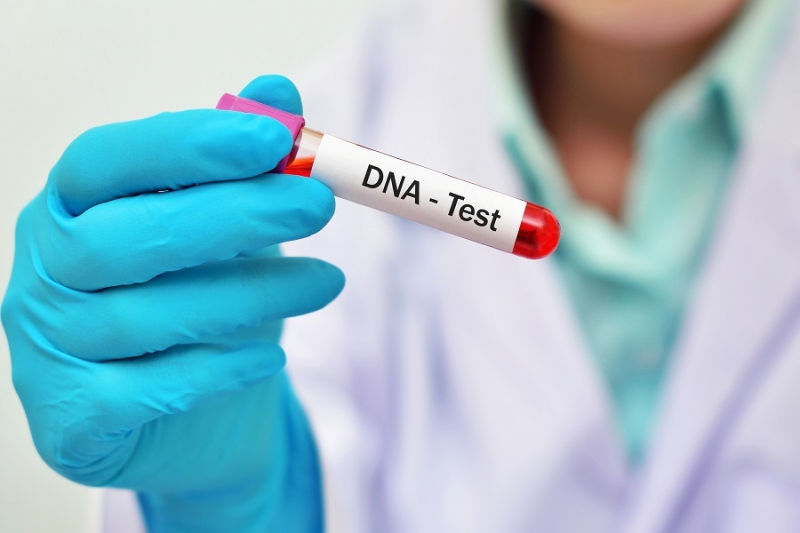
Take a DNA test 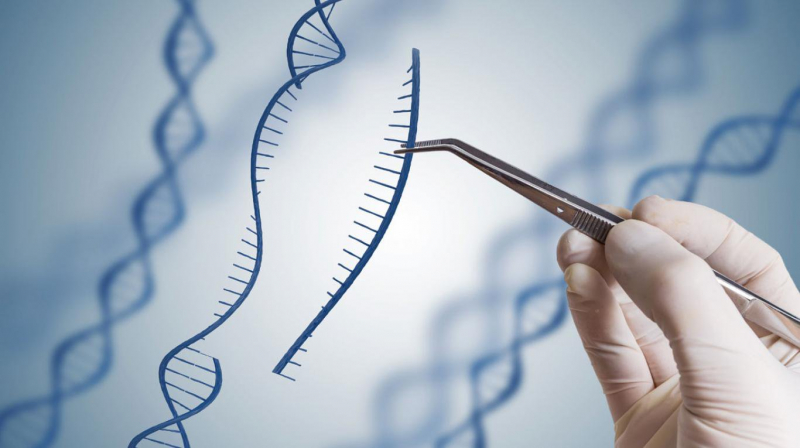
Take a DNA test -
Modern genealogy software is intended to assist you in creating a record of your family tree and history. These programs may include tools to assist you in discovering your family history, but they are more often designed to assist you in visualizing it.
One feature that people like about most genealogy programs is that they allow you to share your findings with family members and other interested parties. This makes it simple to collaborate as a group, especially if you have other relatives who may be interested in the subject.
Assume you are a Jewish person living in modern New York. You may be able to trace your ancestors back to a family homeland using a family tree builder. You might come across relatives you didn't know you had, and you might even come across forgotten special moments in your family history.
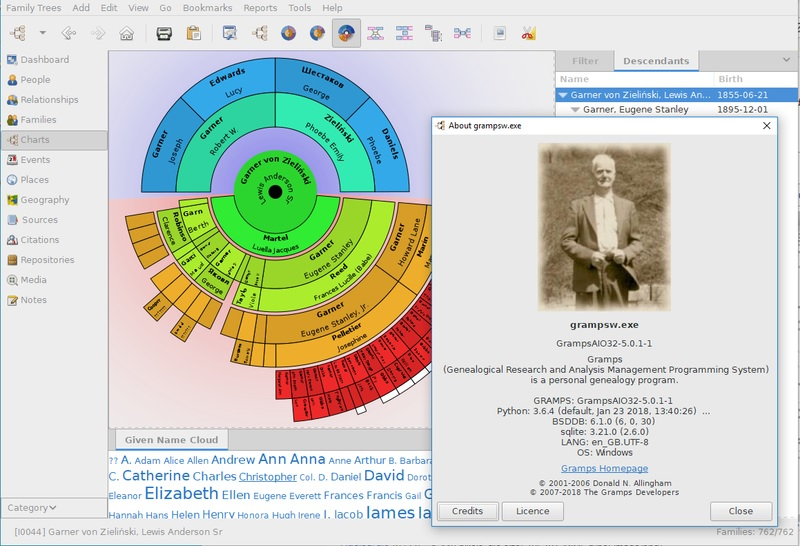
Use a genealogy program 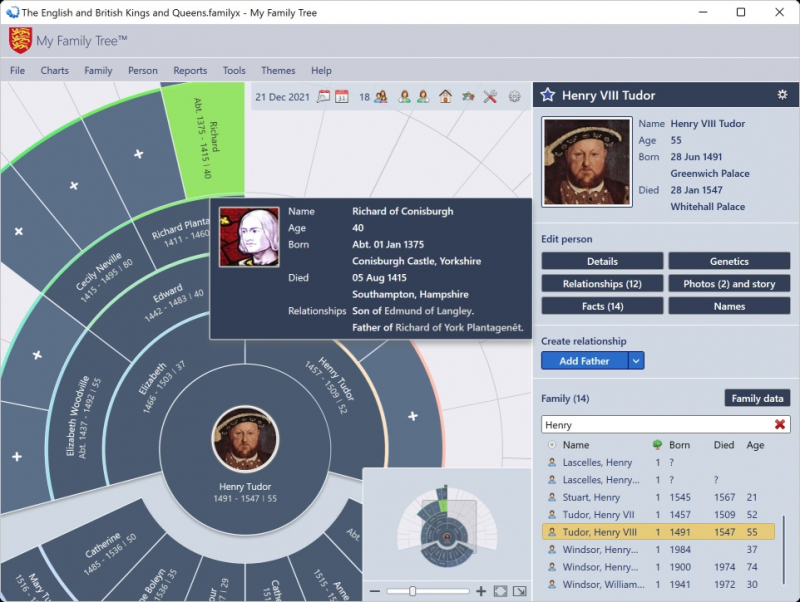
Use a genealogy program -
The Social Security Death Index (SSDI) is a database of deaths in the United States, and it contains a wealth of information just waiting to be discovered. In some cases, this includes details about the cause of death. There are numerous online tools that can assist you in searching for Social Security death records.
Start by looking for family members whose names you already know. You'll learn about their last known address, zip code, and date of death. You could supplement this with local obituaries to learn more. If you have an unusual surname, such as a Jewish surname, it may be worthwhile to conduct a general surname search. If your initial search yields too many results, you can narrow it down by using keywords and other parameters.
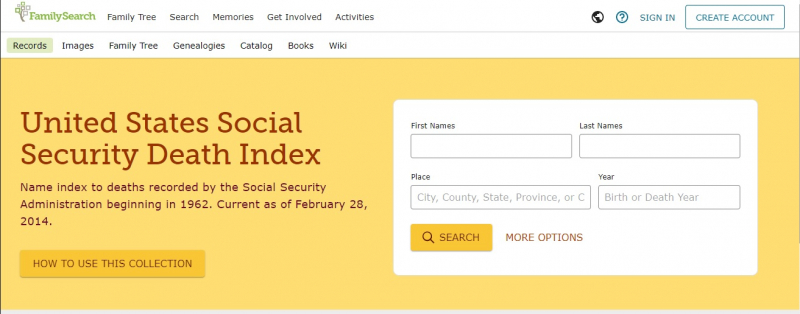
Use information from the Social Security Death Index (SSDI) 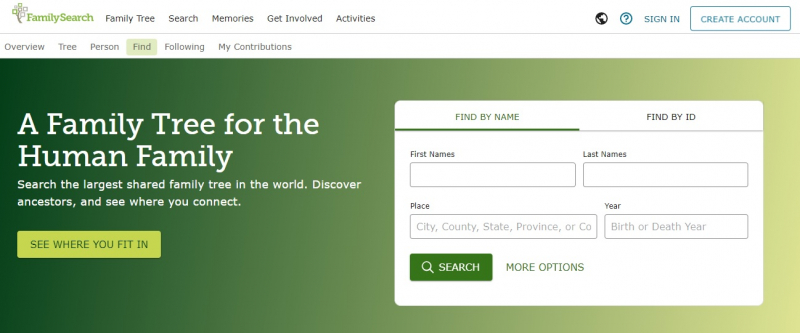
Use information from the Social Security Death Index (SSDI) -
Once you've begun to piece together a picture of your Jewish ancestors, you can look into immigration records. These are especially useful if you know which family members immigrated and where they came from, as they can tell you more about what happened.
Unfortunately, immigration records can be confusing and difficult to navigate. Most immigrations between 1820 and 1982 are documented in the National Archives, though there are undoubtedly gaps due to poor record-keeping.
There is also a significant amount of paperwork that must be completed before you can access an immigration record that is less than 75 years old. This includes a request under the Freedom of Information Act (FOIA). (More information can be found here.) Records older than this can be freely accessed, and many of them are available online for free.
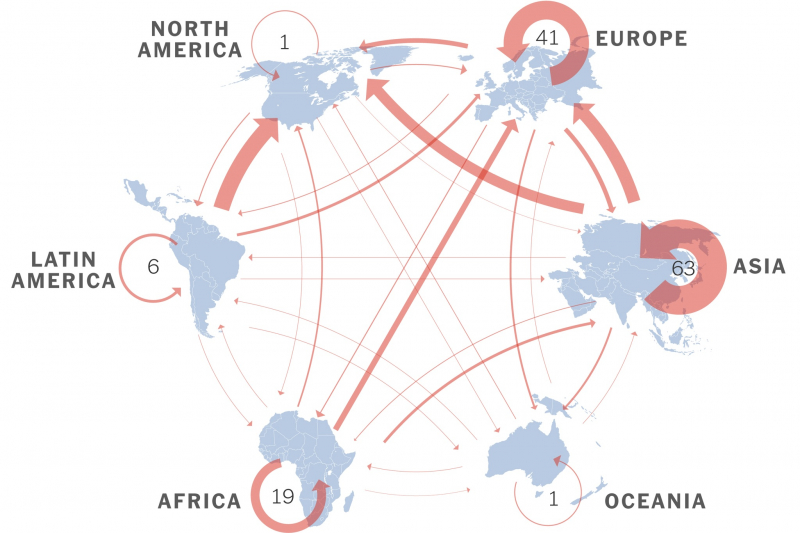
Take advantage of immigration records 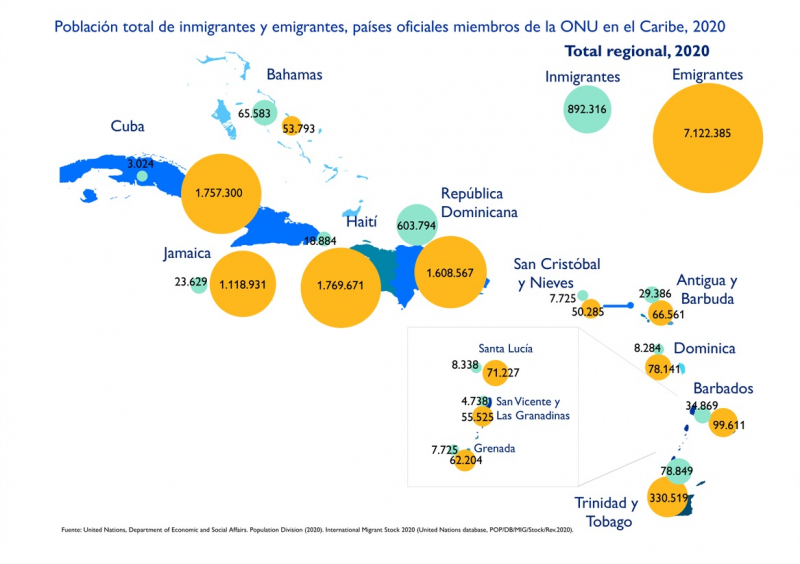
Take advantage of immigration records -
If you've established that you have Jewish ancestors but want to learn more about them, people recommend using the Holocaust database. This will, of course, be especially useful for those who know they have family members who lived in Europe during World War II. However, it can still be useful for those who lack specific knowledge.
Assume you know the names of some older relatives but not their histories. You can learn more about them and your family history by searching the Holocaust database—but keep in mind that learning about relatives' Holocaust stories can be emotionally draining.
It should be noted that only about 60% of the Holocaust database is accessible online. The rest can be seen in person at the United States Holocaust Museum.
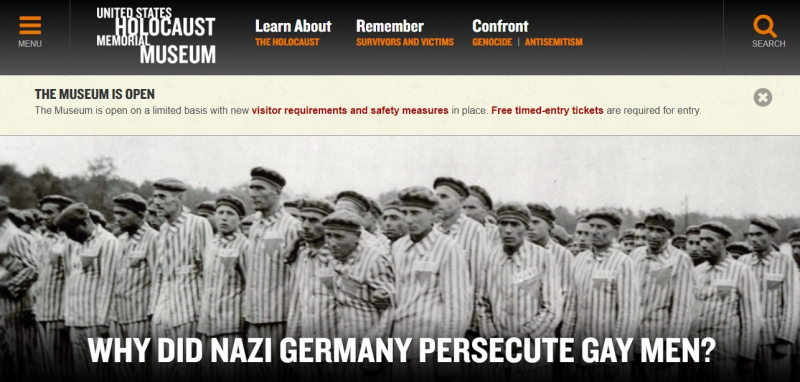
Use Holocaust records 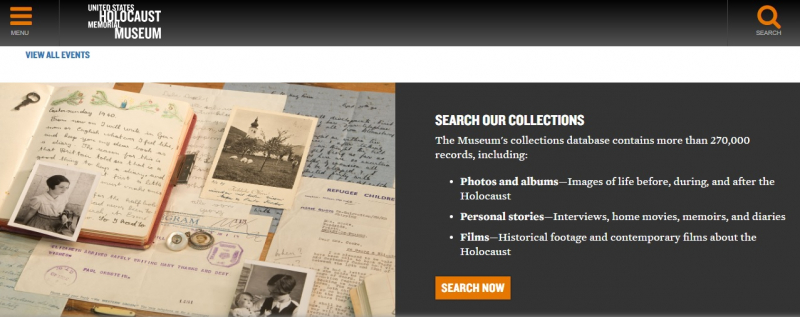
Use Holocaust records -
There are numerous online resources available to help you learn more about the origins of your surname. If you have a paternal connection to your Jewish roots, this may be useful. If you have a common surname, this may not be as useful, but it can still tell you whether you are Jewish or not.
As an example, consider Ancestry.com's surname search tools. It lists information ranging from the expected lifespan of someone with your last name to common occupations, in addition to providing possible origins for your name. You can even find complete profiles with information about people who share the same name.
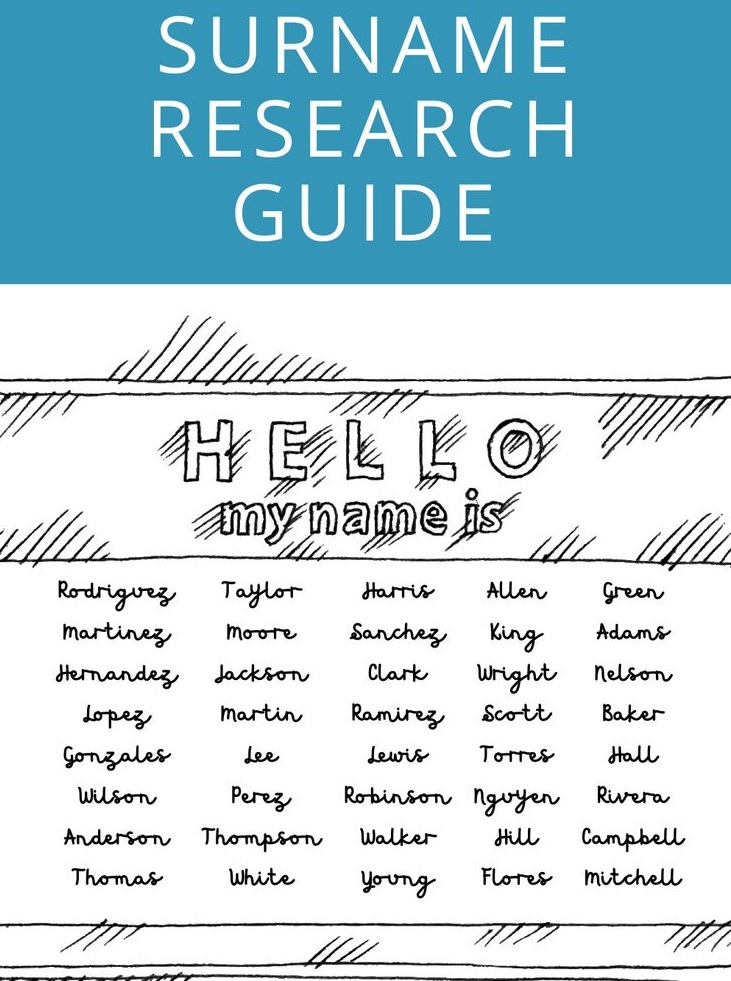
Trace your last name 
Trace your last name -
The International Association of Jewish Genealogical Societies (IAJGS) is a global organization that governs separate societies all over the world. Joining one of these can be extremely beneficial in your search for more information about your Jewish ancestors.
One of the primary functions of Jewish Genealogical Societies is to "assist and promote the research of Jewish family history." You will frequently come across large collections of genealogical information, and you may even meet people who have firsthand knowledge of your relatives and history.
You can access it at the following link: https://www.familysearch.org/rootstech/expohall/international-association-of-jewish-genealogical-societies
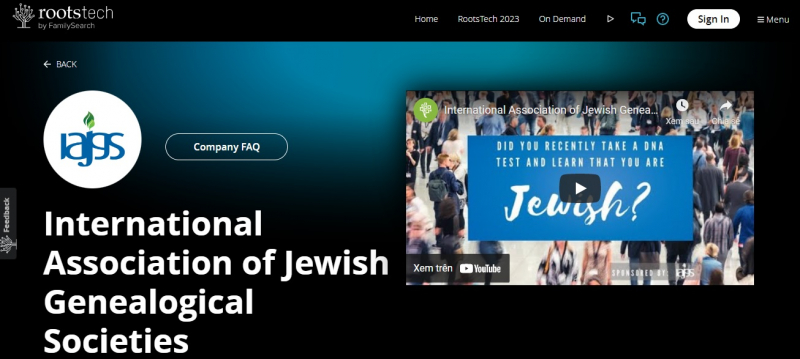
Connect with a Jewish Genealogical Society Connect with a Jewish Genealogical Society -
Because genealogy research typically takes a significant amount of time, it is very easy to misplace information. Encourage you to keep a clear research log detailing everything you do, learn, and still need to learn to stay organized and make the best use of your time.
One simple method is to use the genealogy software mentioned above. However, you may want to keep hard copies of important information as well. You could even set up a pin-up board or blackboard to brainstorm and connect ideas if you like to visualize information.
It's also a good idea to keep a separate contact log. You should keep detailed records of everyone you've spoken with during your search. Take down phone numbers and email addresses, and make a list of the people you still need to contact.
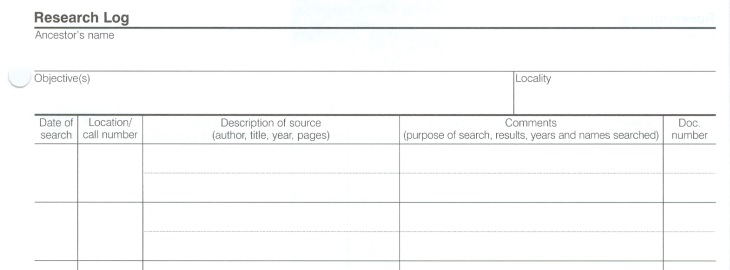
Keep a clear research log 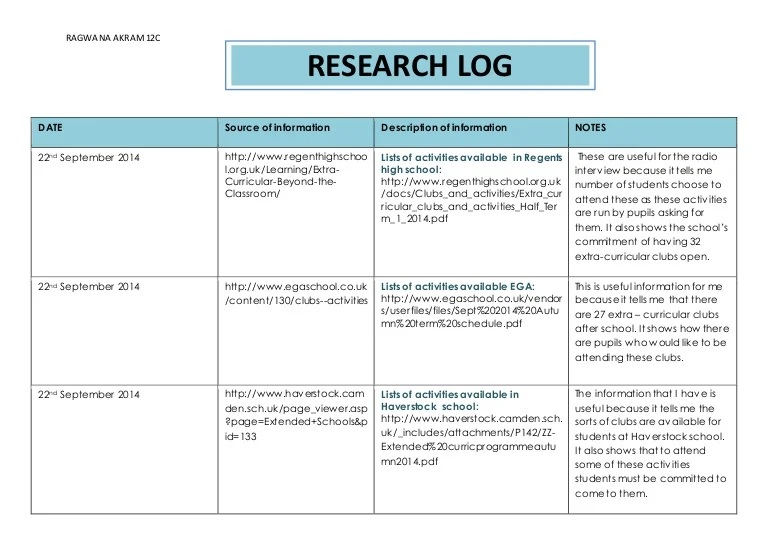
Keep a clear research log -
There are numerous excellent resources available that detail previous Jewish genealogy research. Along with encyclopedias and other books, there are a few excellent online resources that we would highly recommend keeping up with.
The most well-known of these is Avotaynu, which publishes a regular journal covering all aspects of current Jewish genealogical research. On the organization's website, you will also find a comprehensive list of useful books, an anthology of Jewish genealogy, and a variety of other resources.
Finding out more about your Jewish ancestors can be difficult at first, but there's no reason to give up before you even start. There are numerous tools available to assist you in your searches, such as DNA tests and genealogical software. You will also find a plethora of resources available on the internet, in addition to physical encyclopedias and books. When you find records, cross-reference them with other records if possible to get a more complete picture.

Take advantage of others’ research 
Take advantage of others’ research




















